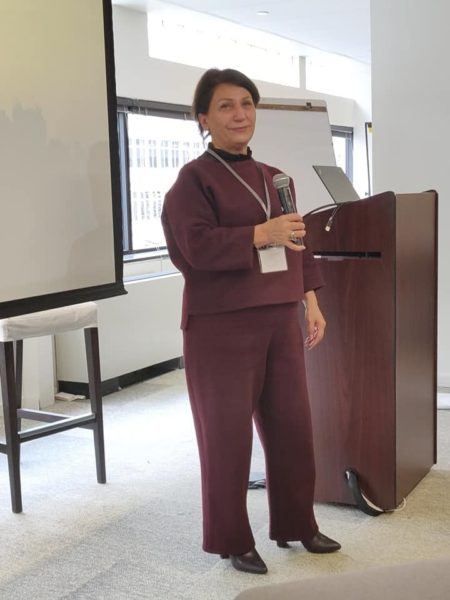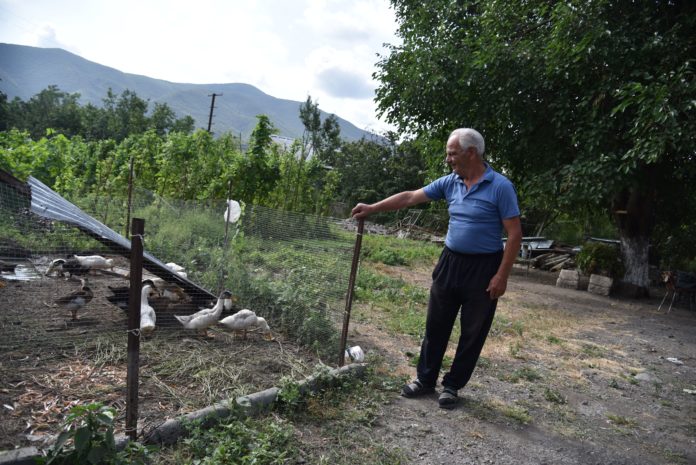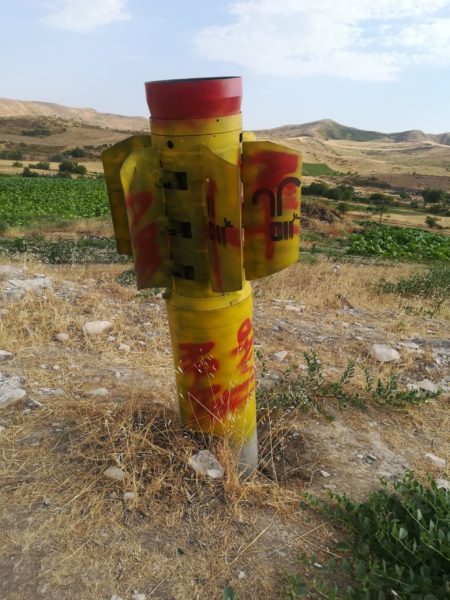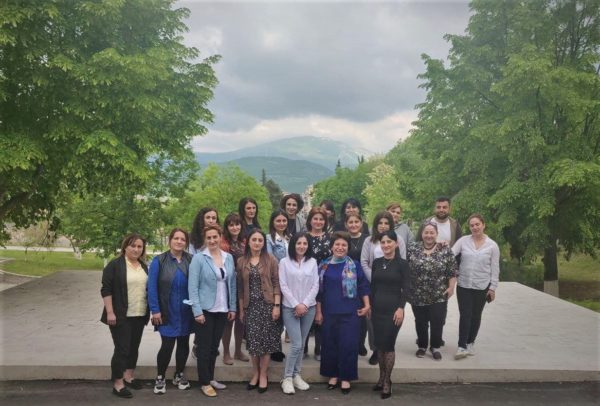By Margarita Arakelyan
STEPANAKERT — The 2020 Artsakh war instigated by Azerbaijan dragged on for 44 days. In that agonizing six and a half weeks, thousands were killed and wounded. Hundreds of POWs still languish in Azerbaijan’s prisons. The relatives of the missing have been desperately searching for their loved ones for months. Artsakh lost a significant portion of its territory, including Hadrut and Shushi. The war also uncovered the desperate need for an effective system of social protection for families affected by the war.
During and after the war, the Armenian government and several humanitarian organizations provided support to cover the basic needs of displaced people who sought safe haven in Armenia. While the majority of the displaced people (around 110,000, according to official data) returned home following the declared ceasefire on November 9, more than 20,000 are still struggling with uncertainties in terms of housing and other legal/social issues. Many in this latter group remain highly dependent on various humanitarian programs.

To improve the life and conditions of the traumatized population of Artsakh, the Fund for Armenian Relief (FAR) Children’s Center, in collaboration with Armenia’s Association of Social Workers, has developed and launched an inclusive psychosocial protection program, something beyond the provision of food and clothing. In the long run, the initiative will employ a network of skilled social workers to defend and promote the rights of Artsakh’s people, and primarily, the least advantaged ones, like displaced people and families who lost their breadwinners. Support includes access to healthcare and social services and family reunification efforts.
‘How Are We Going to Live?’
Twenty-six-year-old Kristine Petrosyan, a mother of five, used to live in a dilapidated apartment in Stepanakert which was damaged during the second Artsakh war. Since then, the roof has fallen apart and the windows destroyed.












